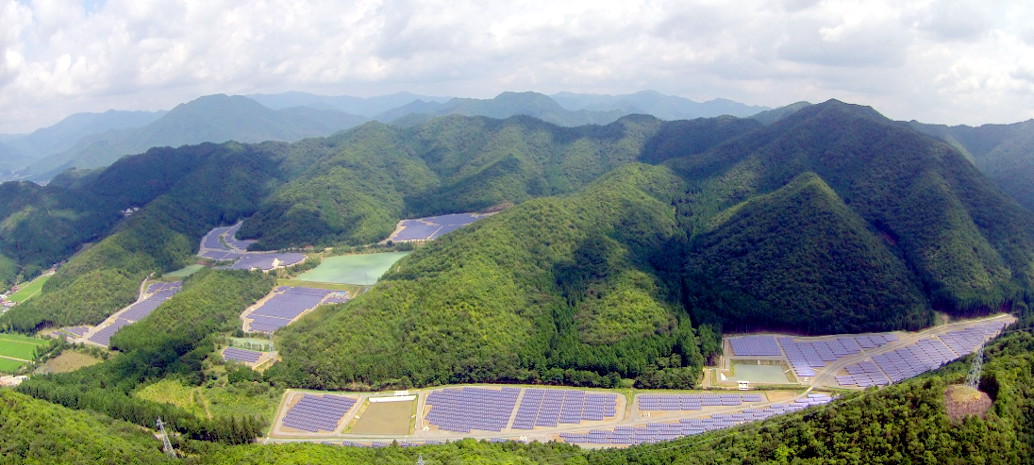From pv magazine global
Japanese electronics company and solar manufacturer Kyocera has announced it is testing a virtual power plant (VPP) based on solar-plus-storage systems at its Yokohama Nakayama office, using a blockchain system from U.S. company LO3 Energy.
Kyocera said the VPP will be installed with its solar modules and batteries, and its energy flow will be managed by LO3 Energy’s blockchain system, which is based on a peer-to-peer distributed consensus network. The technology will verify and record transactions between power generators and those consuming power from the plant and will enable them to share the energy generated via a microgrid, a set-up which would reduce the burden on the wider grid.
Several PV systems and batteries will be installed at a testing site to simulate multiple generators. These virtual power prosumers will be able, through the LO3 Energy platform, to transact energy autonomously with other prosumers. “LO3 Energy’s peer-to-peer platform helps control power generation and availability among connected users, which facilitates an effective test environment,” Kyocera said in a statement.
Investing in peer to peer trading
The Japanese corporation said the project will benefit from the experience it gained from installing several power generating systems and storage batteries for Japanese government-led VPP test projects, and that the company will use outcomes from the project to improve its expertise in remotely controlled distributed power resources.
LO3 Energy is developing its blockchain technology for decentralized business operations in the energy, cleantech and utility sectors. In its native New York, LO3 is using blockchain to operate a virtual microgrid that connects residential rooftop PV arrays, enabling asset owners to sell electricity to other members of the microgrid at affordable prices.
The growth of peer-to-peer models is set to have a significant impact on the PV industry, with interest growing rapidly in retail model applications.
This content is protected by copyright and may not be reused. If you want to cooperate with us and would like to reuse some of our content, please contact: editors@pv-magazine.com.









By submitting this form you agree to pv magazine using your data for the purposes of publishing your comment.
Your personal data will only be disclosed or otherwise transmitted to third parties for the purposes of spam filtering or if this is necessary for technical maintenance of the website. Any other transfer to third parties will not take place unless this is justified on the basis of applicable data protection regulations or if pv magazine is legally obliged to do so.
You may revoke this consent at any time with effect for the future, in which case your personal data will be deleted immediately. Otherwise, your data will be deleted if pv magazine has processed your request or the purpose of data storage is fulfilled.
Further information on data privacy can be found in our Data Protection Policy.